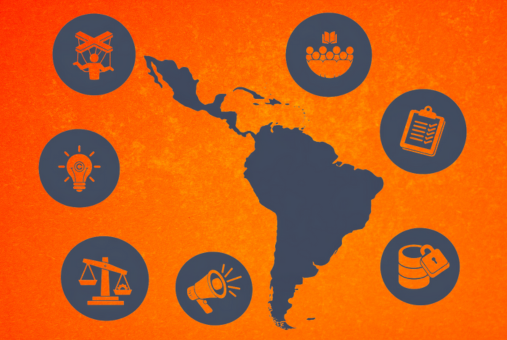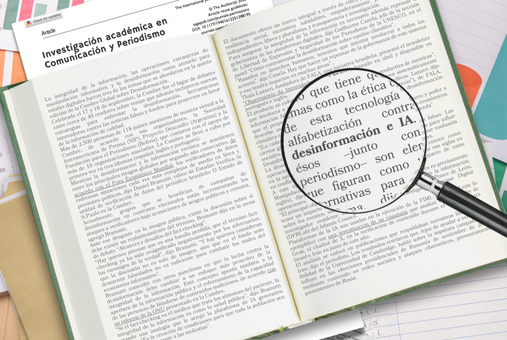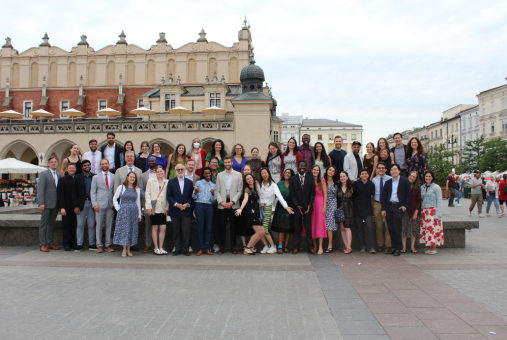
El Colectivo 506 created a free AI chatbot to help reporters develop stronger pitches for articles that focus on solutions for the region’s problems.

A report from Observatório Lupa finds AI-generated falsehoods have tripled since 2024, including videos blending real and fabricated clips, fake text exchanges and selfie videos targeting public officials.

From Patagonia to Montevideo, independent newsrooms are creating their own artificial intelligence prototypes — no coding expertise required.

Journalists at the Peruvian newsroom automated some of their work to build tools so readers could compare dozens of candidates’ backgrounds and proposals. AI handled the repetitive tasks, but journalists provided the judgment.

As artificial transforms newsrooms, a new study reveals how emerging regulations on the topic could affect journalism and those who practice it.

Research on AI-driven disinformation remains scarce in Latin America, even as it booms in the U.S. and Europe. The authors of a new study urge universities to collaborate across borders to share resources and compare regional realities.

LJR’s annual list spotlights 10 projects that tracked criminal economies in the Amazon, exposed abuses against migrants, countered online scams and celebrated a rock icon’s legacy.

Digital tools such as FactFlow, Archive.org and OSoMeNet help journalists and fact-checkers in Latin America track false narratives, analyze dissemination networks and authenticate online content.

Disinformation experts from Brazil, Mexico and the U.S. explain why journalists must join the fight and help their audiences prevent fraud.

With help from MediaFact Latam’s mentorship program, outlets with scarce resources are building flexible teams to take on bot farms and fake videos.

A new report finds one-third of Argentine news outlets use AI to boost efficiency and better serve their audiences. But experts warn weak oversight leaves them vulnerable to the very platforms they rely on.

Our annual roundup for 2025 features fellowships and opportunities for Latin American journalists seeking to strengthen their skills or develop projects that advance journalism in the region.